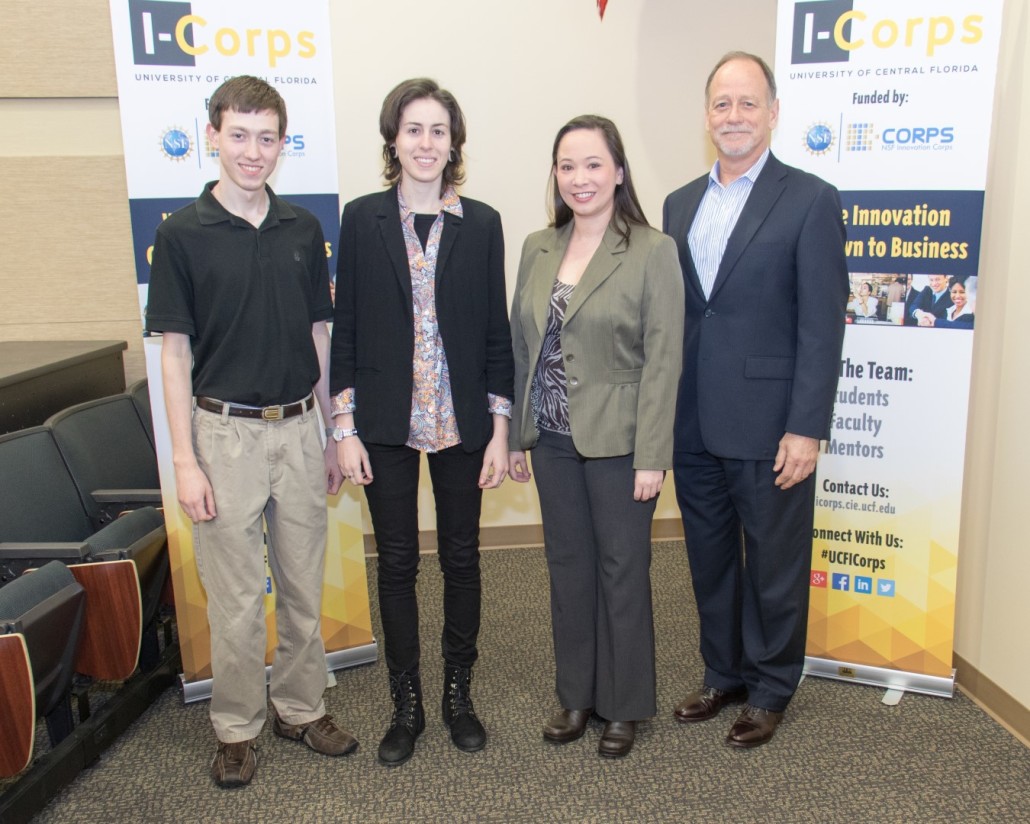Zuke Music App
Social Platform Designed to help Up-and-Comers in the Music Industry
If only it was as straightforward as the Voice or American Idol. Sing a few songs in front of a cheering studio audience and a handful of celebrity judges and be in the running for career-altering record contract. Best of all, even if you don’t get selected as the “voice” or America’s next “idol,” you’ve already gained immense exposure for having performed in front of millions of TV viewers watching these shows.
Well, as any local guitarist, up-and-coming producer or regional band will tell you … the path to a successful career in the music industry is far from straightforward. But Arielle Cohen, a recent graduate of UCF’s Information Technology program, is looking to change this.
Cohen, along with fellow Computer Science major Zachary Shea, have formed the Zuke Music team as part of the 5th Cohort for UCF’s I-Corps program. Pamela Wisniewski, Ph.D., a tenure-track faculty member in UCF’s Department of Computer Science, serves as the team’s Academic Lead.
“If you want to break into a traditional business career or network to find your next job, LinkedIn is a great social platform for that,” said Cohen, who serves as the Entrepreneurial Lead for the Zuke team. “But something like the music industry is a much harder industry to make the connections you need to navigate your career.”
The Zuke Music platform addresses the trends toward leveraging digital technologies and the Internet by providing a social networking platform to connect individuals within the music industry. Similar to how LinkedIn is used for business, Zuke is designed to connect music professionals and amateurs in order to expand their reach, connections, and networks of people. However, unlike LinkedIn, Zuke is more customized to the unique needs and characteristics of users in the music industry, including music producers, independent artists, audio engineers, listeners, promoters, and DJs.
“Through our initial research, we’ve found that individuals are using generalized social media platforms, such as Facebook, Twitter, and YouTube, to try to connect with others and become known within the industry,” said Cohen. “Therefore, we’re proposing a system to fill this gap and cater to the unique needs of this user community.”
The team will initially target the platform for middle-tier music professionals who may still be in the process of establishing their careers, as opposed to high-profile music producers who are often inaccessible to the community-at-large.






